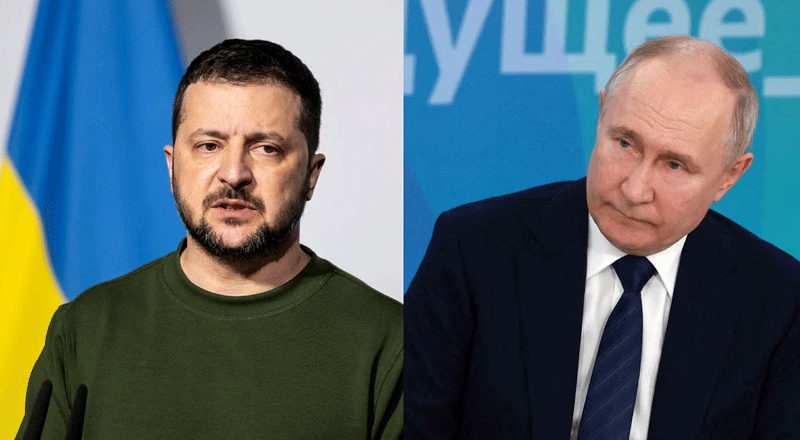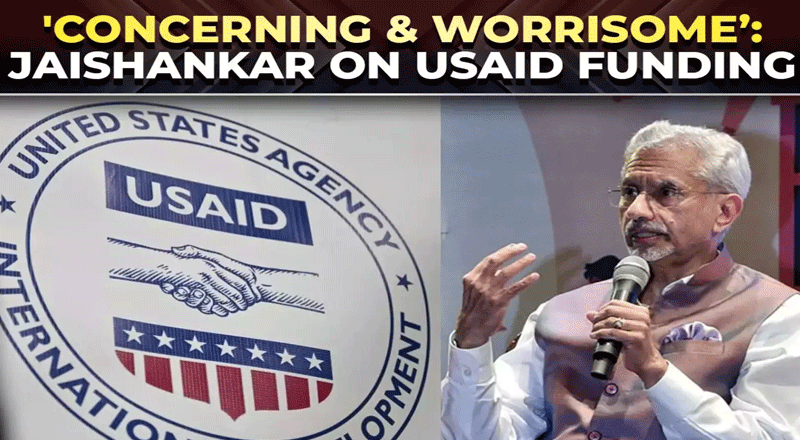In a strategic move, India voted against United Nations Security Council’s draft resolution that aimed to ‘securitize’ climate action undermining hard-won consensus in Glasgow.
India’s Permanent Representative to UN TS Tirumurti, while explaining India’s position at the UN, spoke against drawing a separate link between security and climate change.
The draft resolution, co-authored by Ireland and Niger, states that the adverse effects of climate change can “lead…to social tensions…, exacerbating, prolonging, or contributing to the risk of future conflicts and instability and posing a key risk to global peace, security, and stability”.
“India is second to none when it comes to climate action and climate justice. But the UN Security Council is not the place to discuss either issue. In fact, the attempt to do so appears to be motivated by a desire to evade responsibility in the appropriate forum and divert the world’s attention from an unwillingness to deliver where it counts,” Tirumurthy said.
“Developed countries must provide climate finance of $1 trillion at the earliest. It is necessary that climate finance be tracked with the same diligence as climate mitigation. And the reality, Mr President, is that the developed countries have fallen well short of their promises. This is particularly important to recognise because today’s attempt to link climate with security really seeks to obfuscate lack of progress on critical issues under the UNFCCC process,” the Indian envoy highlighted.
The climate resolution was seen as an attempt by the western countries to evade its responsibility on climate finance that has been dominating the climate change debate, especially at the recently-concluded Glasgow climate summit. Out of 15 countries, 12 supported the resolution, two countries—India and Russia—voted against it while China abstained from it. Russia’s veto led to the non-adoption of the resolution.
Three countries of the council did not co-sponsor it—France, which is a permanent 5 member of the UNSC, Kenya and Vietnam. Essentially, the resolution did not find any takers from three Asian members of the council—India, China and Vietnam.
US, China, both permanent members of the UNSC, are the top 2 emitters globally.
The United Nations Framework Convention on Climate Change is a larger platform to discuss the climate issue and has 197 countries as parties to it as compared to 15 at the council.
This is not the first time Russia, India, China and Brazil have taken a similar approach on the issue. In 2011, when Germany had raised the issue at the council, BRICS had taken a similar position





